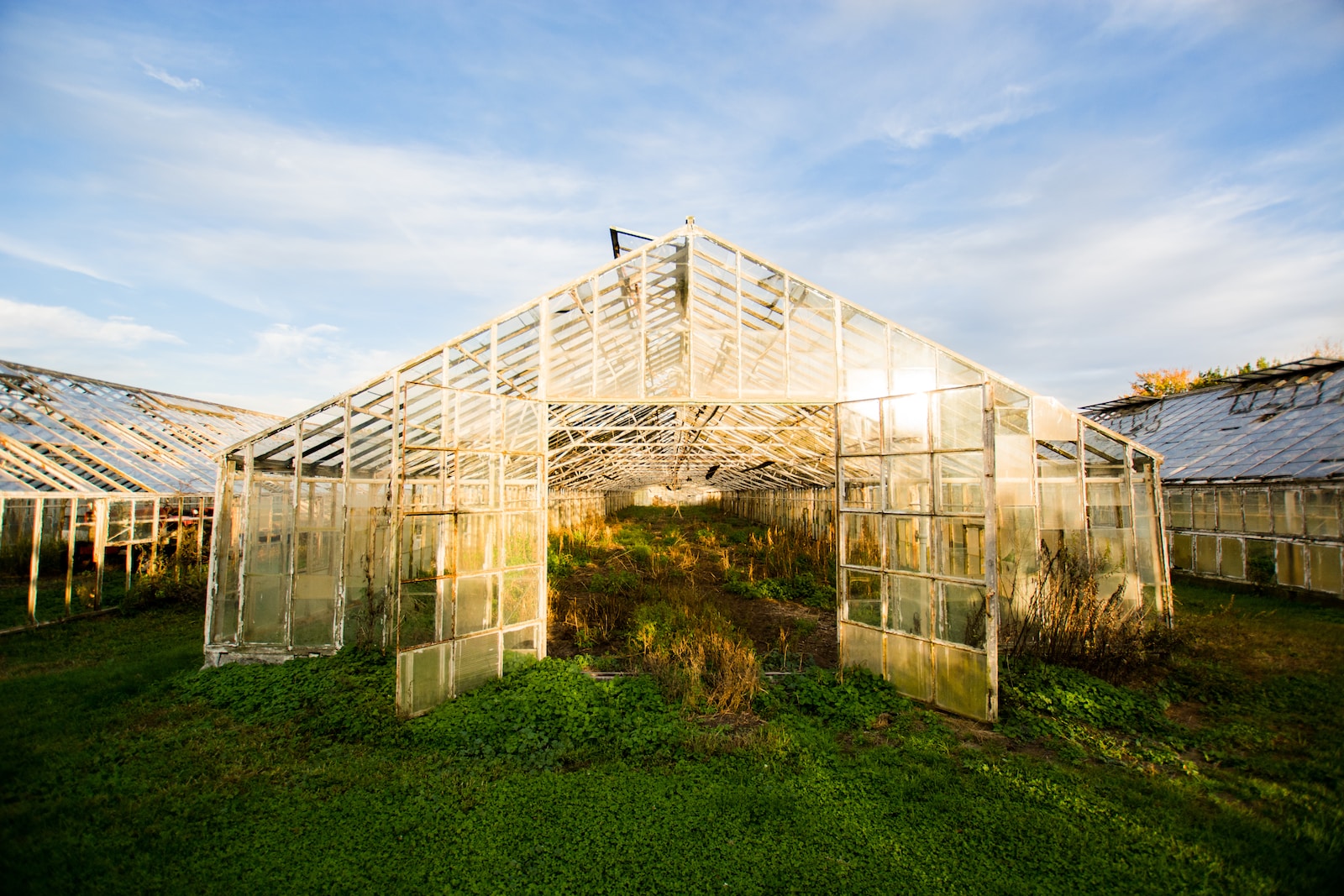Table of Contents
ToggleIntroduction
The greenhouse effect is a natural process that occurs when certain gases in the Earth’s atmosphere trap heat from the sun, leading to a warming effect on the planet. However, human activities such as burning fossil fuels and deforestation have significantly increased the concentration of these gases, leading to a phenomenon known as the enhanced greenhouse effect. In this article, we will explore the environmental impacts of the greenhouse effect and how we can take action to mitigate them.
Understanding the Greenhouse Effect
The greenhouse effect is a natural process that occurs when certain gases in the Earth’s atmosphere, such as carbon dioxide and methane, trap heat from the sun. Without the greenhouse effect, the Earth’s average temperature would be around -18°C. However, the enhanced greenhouse effect caused by human activities has led to an increase in the Earth’s average temperature, leading to significant environmental impacts.
Rising Temperatures
One of the most significant impacts of the greenhouse effect is rising temperatures. The increased concentration of greenhouse gases in the atmosphere has led to a warming effect on the planet, leading to melting glaciers, rising sea levels, and changes in weather patterns.
Melting Glaciers and Rising Sea Levels
The warming effect of the greenhouse effect has led to the melting of glaciers and polar ice caps, leading to a rise in sea levels. This rise in sea levels can cause flooding in low-lying areas, leading to infrastructure damage and loss of human life.
Changes in Weather Patterns
The greenhouse effect can also lead to changes in weather patterns, such as more frequent and severe droughts, heatwaves, and extreme weather events such as hurricanes and tornadoes. These events can cause significant damage to homes, businesses, and infrastructure, and lead to significant economic losses.
Loss of Biodiversity
The increase in temperature and changing weather patterns caused by the greenhouse effect can also lead to the loss of biodiversity. As habitats change, animals and plants may not be able to adapt quickly enough, leading to a decline in their populations. This loss of biodiversity can have a ripple effect on ecosystems, leading to further environmental impacts.
Ocean Acidification
The increase in carbon dioxide in the atmosphere caused by the greenhouse effect is also leading to ocean acidification. This can have severe consequences on marine life, as it affects the ability of organisms to form shells and skeletons, leading to a decline in their populations.
Air Pollution
The burning of fossil fuels, which is a significant contributor to the greenhouse effect, also leads to air pollution. This pollution can cause respiratory diseases, such as asthma and lung cancer, and can have a significant impact on human health.
Taking Action to Mitigate the Impacts
While the environmental impacts of the greenhouse effect are severe, there are steps we can take to mitigate them. One of the most important actions we can take is to reduce our greenhouse gas emissions. This can be done by transitioning to renewable energy sources such as solar and wind power, reducing our reliance on fossil fuels, and implementing energy-efficient practices.
We can also take steps to adapt to the changing climate by building infrastructure that is resilient to extreme weather events and rising sea levels. This can include building seawalls and levees, improving drainage systems, and relocating vulnerable communities.
Conclusion
The greenhouse effect is a natural phenomenon that is essential for life on Earth. However, human activities have significantly increased the concentration of greenhouse gases in the atmosphere, leading to a phenomenon known as the enhanced greenhouse effect. This has led to significant environmental impacts such as rising temperatures, melting glaciers and rising sea levels, changes in weather patterns, loss of biodiversity, ocean acidification, and air pollution. By taking action to reduce greenhouse gas emissions and adapt to the changing climate, we can work towards a sustainable future for ourselves and future generations.







